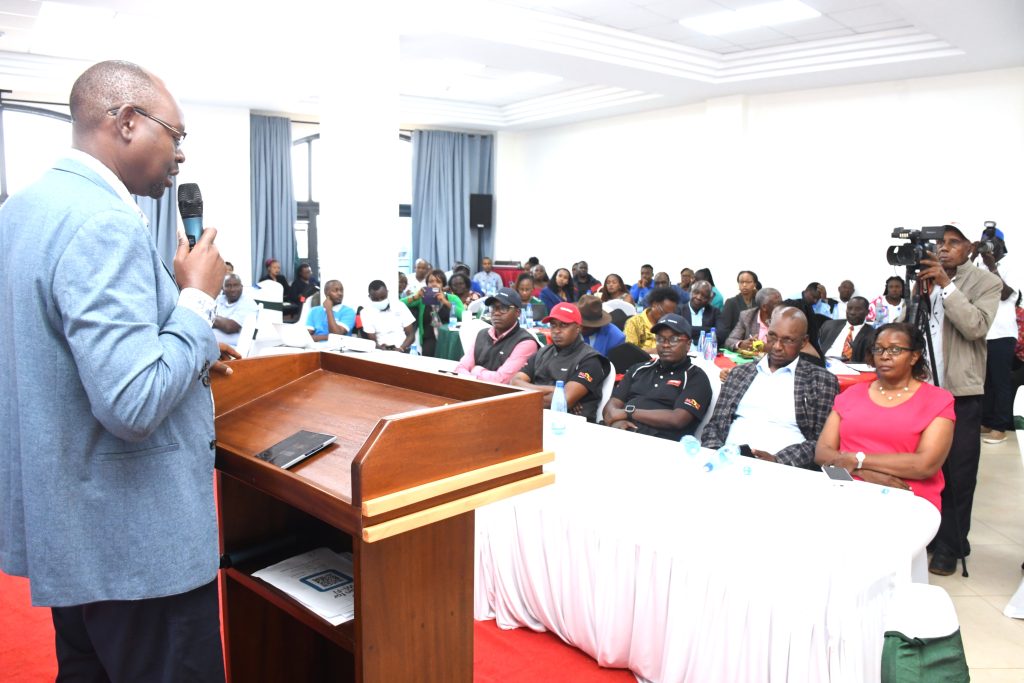 The Kenya National Chamber of Commerce and Industry (KNCCI) Murang’a Chapter, under the leadership of Chairperson Dr. Naomi Kagone, successfully hosted the CEO Business Program in Murang’a Town under the theme “Creating Business Legacy and Sustainability.”
The Kenya National Chamber of Commerce and Industry (KNCCI) Murang’a Chapter, under the leadership of Chairperson Dr. Naomi Kagone, successfully hosted the CEO Business Program in Murang’a Town under the theme “Creating Business Legacy and Sustainability.”
The event brought together a vibrant mix of business leaders, policy influencers, and stakeholders to deliberate on issues affecting the business community in Murang’a County, the larger Mt. Kenya region and the country as a whole.
The Chamber President Dr. Erick Rutto graced the event as the Chief Guest, while the Commercial Consellor High Commission of Pakistan to Kenya, Ms. Adeela Younis, joined as a distinguished guest. Their presence underscored the chamber’s significance in linking local business discussions with both national advocacy and international trade opportunities.
Also in attendance were two KNCCI National Directors—Cynthia Nyawira (Nairobi) and Hussein Jama (Upper Eastern), Company Secretary Kihara Njuguna—alongside Chapter Chairs from Kirinyaga, Tana River, Nyeri, Embu, Turkana, Samburu, Nandi, and Nyandarua. The Murang’a business community turned out in impressive numbers, demonstrating the growing appetite for dialogue and solutions to the challenges they face.
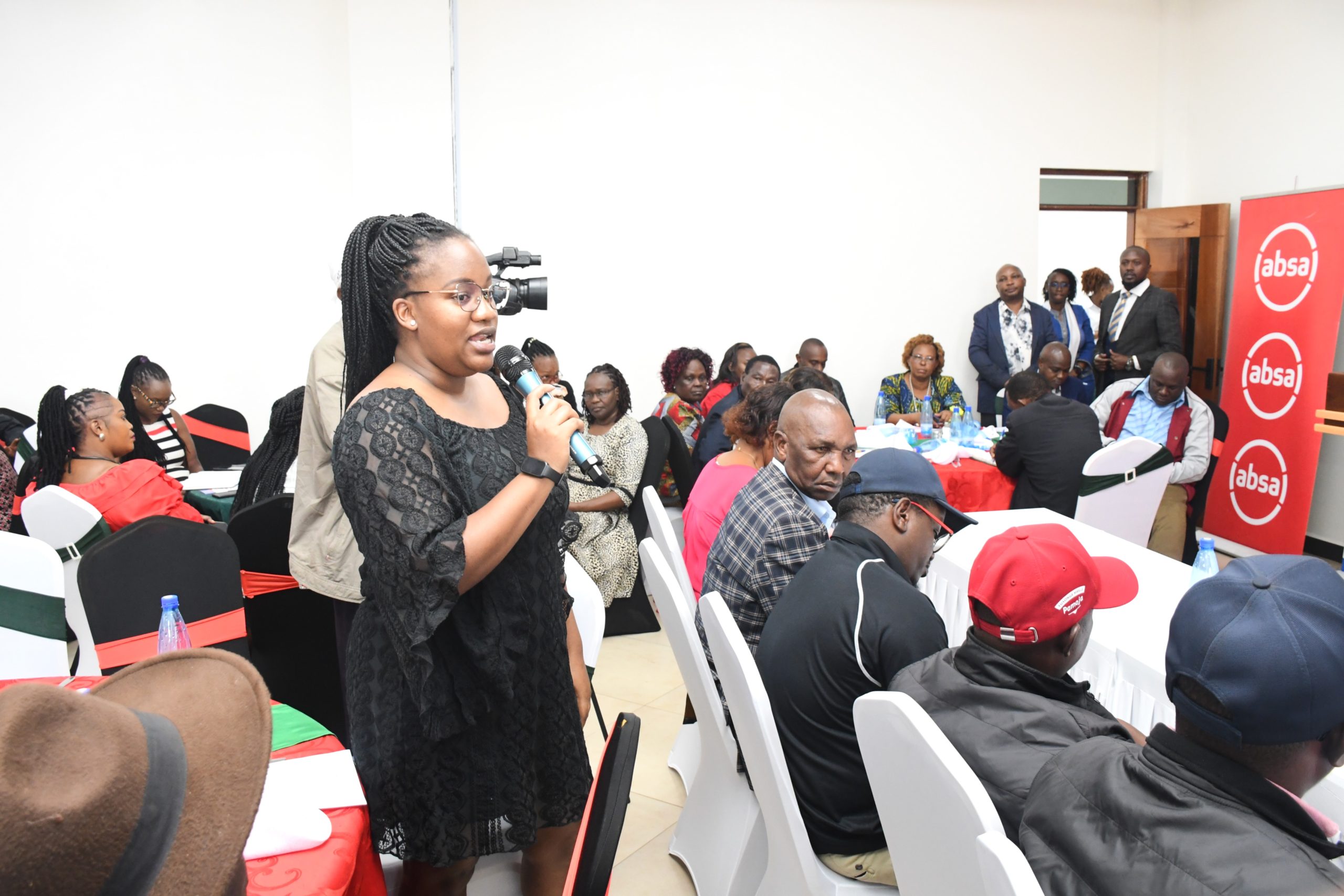 Issues Raised by the Business Community
Issues Raised by the Business Community
The forum provided a platform for candid discussions on persistent challenges affecting enterprises in the county. Key concerns included:
- Pending bills owed to businesses, especially SMEs.
- Multiple county licenses required to operate.
- Over-taxation and its impact on sustainability.
- Harassment by local authorities, which continues to discourage business growth.
In his remarks, Dr. Rutto reaffirmed KNCCI’s commitment to championing a more enabling business environment. He highlighted ongoing engagements with the government to clear Kshs. 150 billion in pending bills, most of which are owed to SMEs, noting that their clearance is crucial to reviving cash flow in the private sector.
He further called for the harmonization of county permits through a unified business license model, citing the example of a meat processing plant that currently requires 18 separate licenses from both national and county governments—a burden he termed unsustainable.
Additionally, Dr. Rutto outlined KNCCI’s efforts to enhance access to affordable credit through guarantee agreements that make financing more accessible to businesses, particularly SMEs.
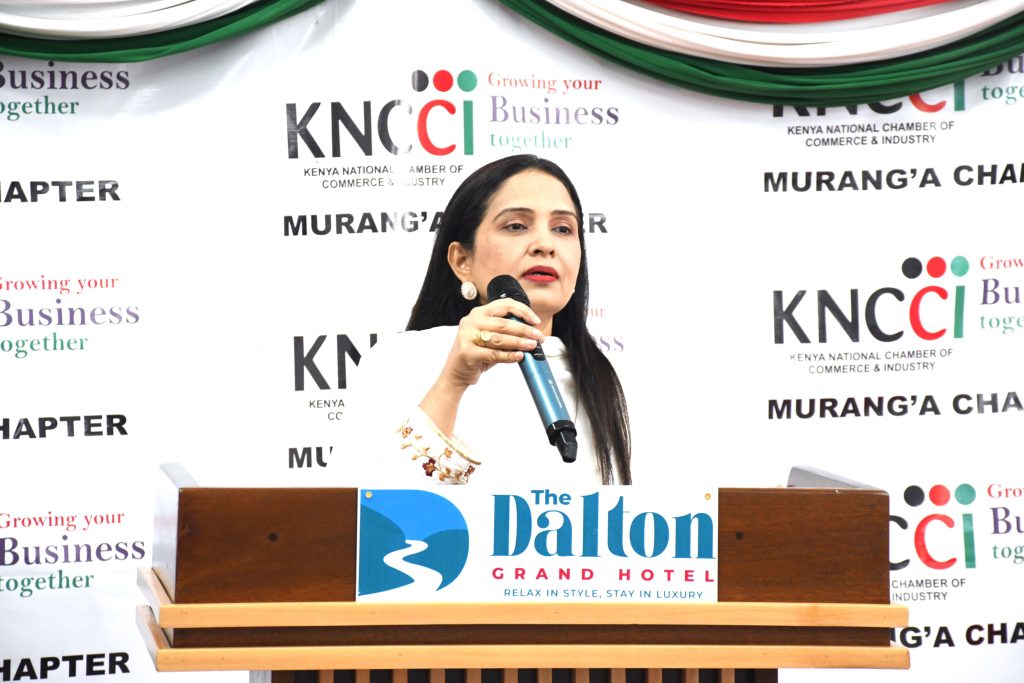
Addressing the gathering, H.E. Adeela Younis encouraged Kenyan businesses to pursue partnerships with their Pakistani counterparts. She underscored the strong trade relations between the two countries, noting that Pakistan is the largest importer of Kenyan tea, while Kenya continues to source a wide range of products from Pakistan. She emphasized that Pakistani businesses are keen and ready to collaborate with Kenyan enterprises across various sectors.
The CEO Business Program reaffirmed KNCCI’s role as the voice of business, committed to addressing policy bottlenecks while unlocking opportunities for local enterprises. The event also showcased the importance of forging regional and international linkages to enhance market access and long-term business sustainability.

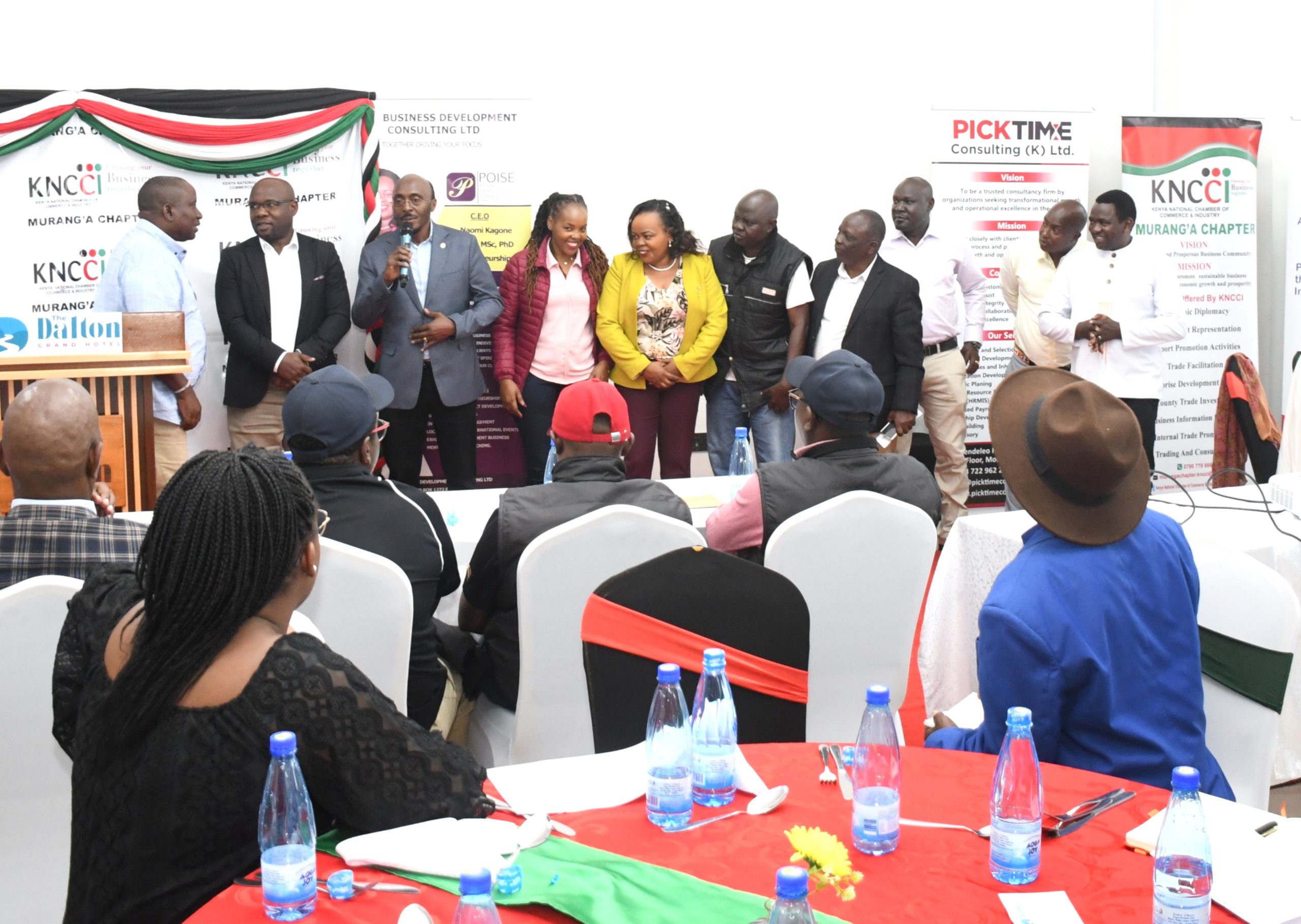
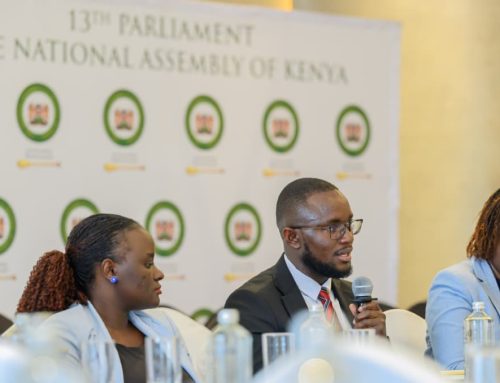
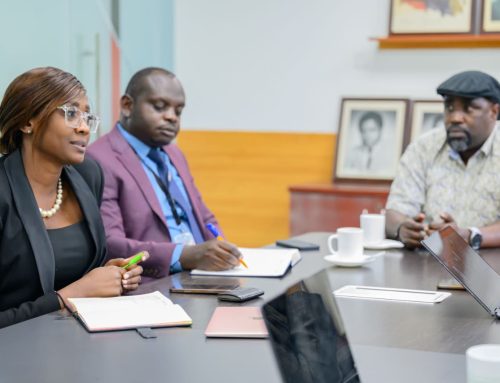
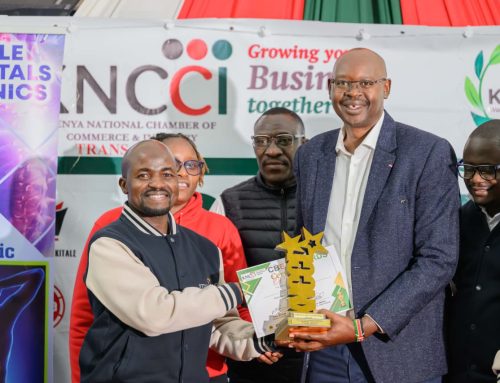
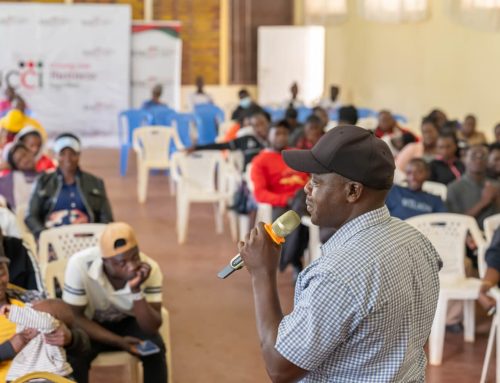
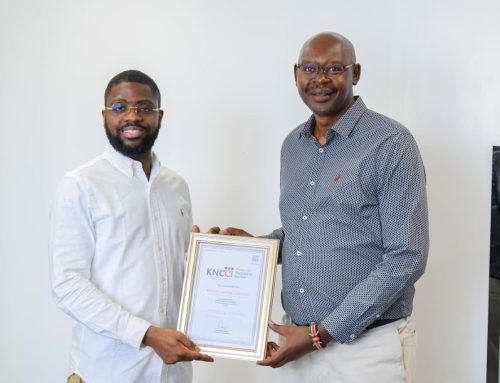
Leave A Comment